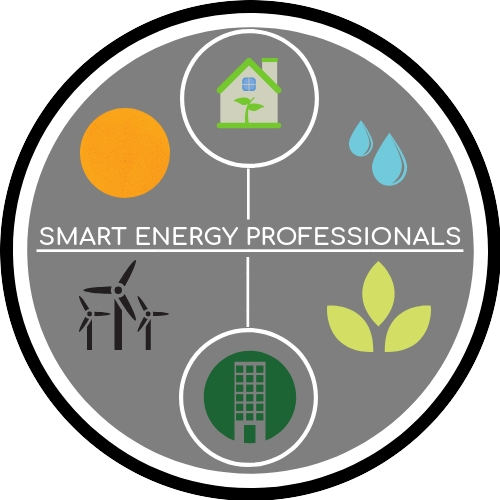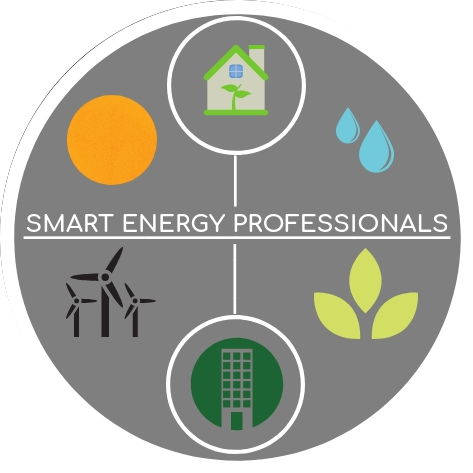HVAC
What’s an HVAC SYSTEM?
HVAC stands for Heating, Ventilation, and Air Conditioning. It refers to the technology, systems, and equipment used to control and maintain the indoor environment in an entire building, or localized, serving specific areas or zones within a building. HVAC systems often include components such as thermostats, ductwork, filters, blowers, and control systems.
Heating: HVAC systems provide heating by using various methods such as furnaces, boilers, heat pumps, or electric heaters. These systems generate and distribute heat to keep the indoor environment warm during cold weather.
Ventilation: Ventilation involves the exchange of indoor and outdoor air to maintain air quality and control moisture levels. It removes odors, pollutants, and excess moisture from the indoor space, promoting a healthy and comfortable environment. Ventilation can be achieved through natural ventilation (open windows, vents) or mechanical ventilation systems (fans, ducts, and air handling units).
Air Conditioning: Air conditioning refers to the process of cooling and dehumidifying the air to maintain comfortable temperatures during hot weather. HVAC systems use air conditioners or cooling units to remove heat from indoor air and circulate cooled air through ducts and vents.
Common HVAC Issues
There are several common issues that can occur with HVAC systems. Some of these include:
Lack of maintenance: One of the most common issues is the lack of regular maintenance. Without proper upkeep, HVAC systems can develop problems over time, leading to decreased efficiency and potential breakdowns.
Airflow problems: Restricted or inadequate airflow can result from issues such as dirty or clogged air filters, blocked ductwork, or malfunctioning fans. This can cause uneven cooling or heating, reduced system efficiency, and discomfort in the indoor environment.
Refrigerant leaks: HVAC systems that use refrigerants for cooling can develop leaks over time. Low refrigerant levels can lead to inefficient cooling and potential damage to the system. Leaks should be identified and repaired by a professional technician.
Thermostat issues: Problems with the thermostat can result in inaccurate temperature readings or difficulties in adjusting settings. Malfunctioning thermostats may cause the HVAC system to cycle on and off too frequently or not respond properly to temperature adjustments.
Electrical problems: Faulty electrical connections, worn-out wiring, or damaged components can disrupt the operation of the HVAC system. These issues may lead to system failures, erratic performance, or even electrical hazards.
Mechanical component failures: Over time, various mechanical components of an HVAC system, such as motors, bearings, belts, or valves, can wear out or break. These failures can result in poor system performance, unusual noises, or complete system shutdown.
Poor indoor air quality: HVAC systems play a vital role in maintaining indoor air quality. Issues like dirty filters, mold growth, or contamination in the ductwork can lead to poor air quality, causing allergies, respiratory problems, or unpleasant odors in the building.
It's important to note that HVAC issues can vary depending on the type of system, its age, and the specific circumstances. Regular maintenance, prompt repairs, and professional inspections can help prevent and address these common issues, ensuring the proper functioning of the HVAC system.
Fixing common HVAC issues requires specific troubleshooting and repair techniques. Here are some general approaches to address the mentioned problems:
Lack of maintenance: Schedule regular maintenance with a qualified HVAC technician to clean, inspect, and tune up the system, ensuring optimal performance and identifying potential issues early on.
Airflow problems: Replace or clean dirty air filters, clear obstructions from vents and registers, check for duct leaks and seal them, and ensure proper insulation around ductwork.
Refrigerant leaks: Contact a professional technician to locate and repair refrigerant leaks, followed by recharging the system with the appropriate refrigerant.
Thermostat issues: Check thermostat settings, replace batteries if needed, calibrate or recalibrate the thermostat, or consider upgrading to a programmable or smart thermostat for more accurate control.
Electrical problems: Have a qualified electrician inspect the electrical connections, wiring, and components of the HVAC system, and repair or replace any faulty parts as necessary.
Mechanical component failures: Consult an HVAC technician to diagnose and repair mechanical component failures, such as replacing motors, belts, bearings, or valves, ensuring proper functionality of the system.
Poor indoor air quality: Address indoor air quality issues by regularly changing air filters, cleaning or replacing contaminated filters, and considering additional measures like installing air purifiers or UV germicidal lights.
Remember, HVAC systems are complex, and it's recommended to seek professional assistance for accurate diagnosis and repair. Regular maintenance and addressing issues promptly can help optimize system performance, improve efficiency, and extend the lifespan of the HVAC system.
Check out the rebates Applicable for most homes below!
Take action and contact us today to address your HVAC issues! Before choosing any fixes, it is recommended to consult with Smart Energy Professionals first so we can assess your specific needs and provide guidance on the most suitable insulation solution for your project. Schedule an energy audit today or give us a call if you have any questions!



